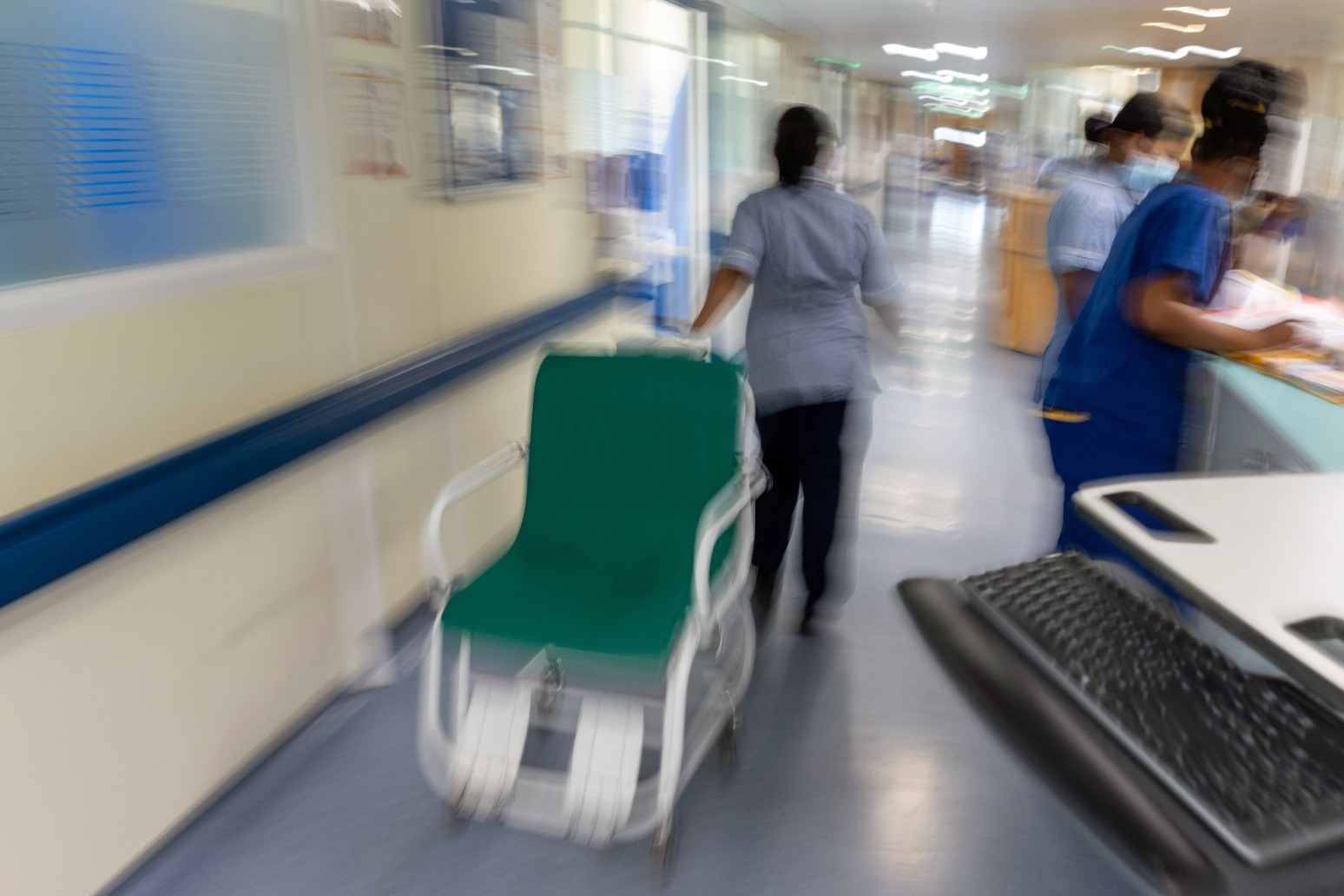
NHS substantially behind similar countries on life expectancy according to report
It states the UK health system's poor performance on key measures should be a 'serious concern'
The NHS is performing “substantially less well” than similar countries on life expectancy and other healthcare outcomes, according to a new report.
It said the UK health system’s poor performance on measures including avoidable mortality – deaths that could have been avoided with better primary care – should be a serious concern for political leaders and policy-makers.
Substantially fewer key physical resources, such as beds, and a heavy reliance on foreign-trained staff were also identified in the report, but it described the NHS overall as “neither a leader nor a laggard” among other national health systems.
The report, commissioned by the Association of the British Pharmaceutical Industry and developed, researched and written by The King’s Fund, was published on Monday ahead of the 75th anniversary of the founding of the NHS.
It compared the NHS with the health systems of 18 similar higher income countries – the original 15 European Union member states, excluding Luxembourg, and the ‘Anglosphere’ (the United States, Canada, Australia and New Zealand).
Siva Anandaciva, the report’s author and chief analyst at The King’s Fund, said at a briefing: “On healthcare outcomes specifically, both for the outcomes that a system can control and those wider measures that rely on services that keep us healthy… we lag behind our peers. We are not by any means where we should be.”
The report found the UK performs poorly on healthcare outcomes across several different major disease groups and health conditions linked to avoidable mortality.
It had the fourth- and second-highest rates of preventable and treatable mortality in 2019 among the 19 health systems in the report, with 119 deaths and 69 deaths per 100,000 people respectively.
Cancer survival rates formed the biggest part of preventable mortality, whilst circulatory diseases such as heart attacks and strokes were the main cause of treatable mortality.
Another key finding from the report was that UK has substantially fewer key physical resources than many of its peers, including MRI scanners and hospital beds.
The UK had the fewest number of MRI scanners among all 19 health systems in 2019, whilst only Sweden had a lower number of general hospital beds per 1,000 people in the same year.
Mr Anandaciva said capital infrastructure was “absolutely crying out” for investment, and that people from other countries were “really baffled” by the continual lack of investment in this area in the UK.
The report also highlighted the NHS had strikingly low levels of key clinical staff, including doctors and nurses, and is heavily reliant on medical professionals trained abroad.
Mr Anandaciva said that the UK exported a huge amount of nursing talent that is trained in the country and not held onto, instead making up large percentages of medical workforces in countries such as Australia and New Zealand.
The report suggests that British policy makers should “pick out specific areas of learning and interesting practice” from other health systems, rather than attempt an entire reset.
He explained: “There are ways in which other countries, like Belgium and Australia, do long-term workforce planning, where they are thinking about the next 10 to 15 years, which we’ve talked a lot about doing in this country but are still yet to do.”
Published: by Radio NewsHub